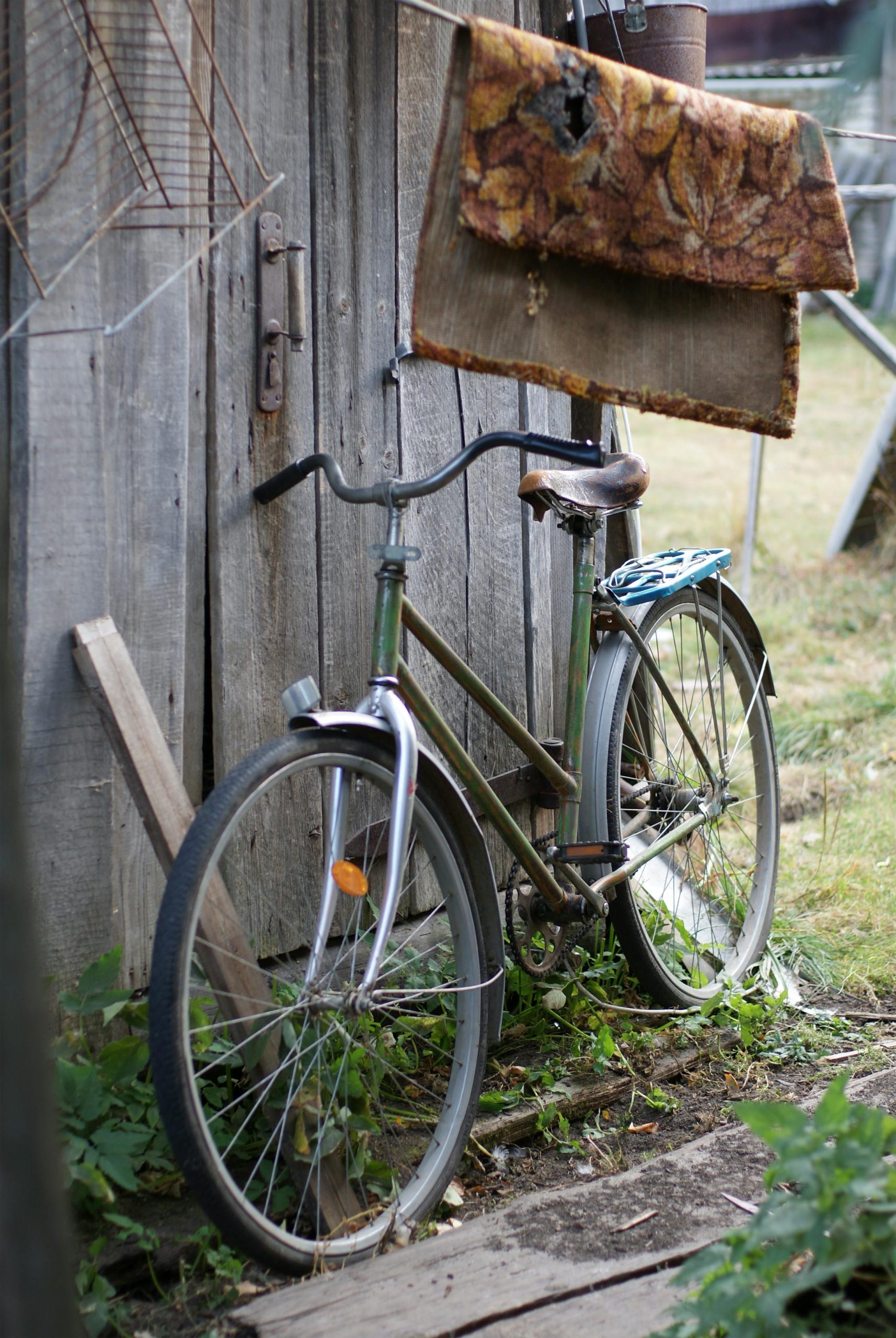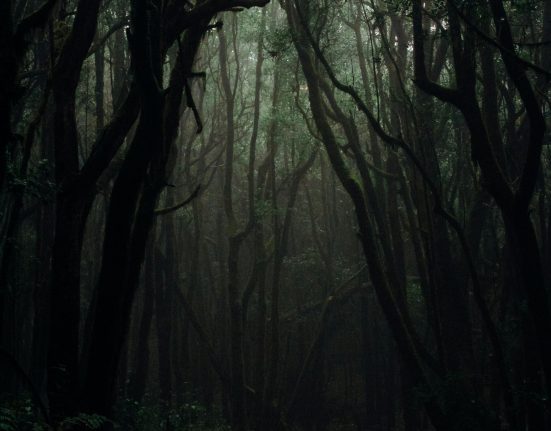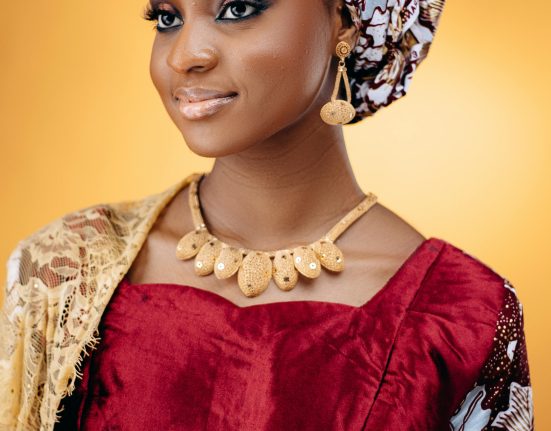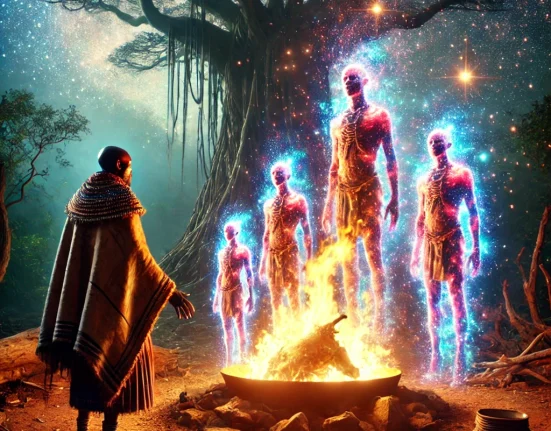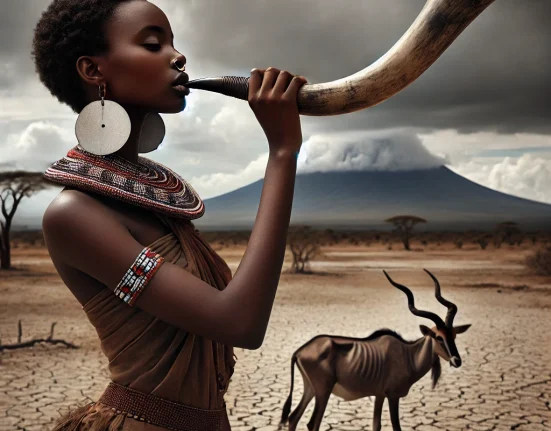I have always kept a journal since my college days. My 2001 journal tells me that my maternal grandmother- Josephine Wanjiku- went to be with the Lord on a day like this(17th Jan) in 2001. That makes today her 20th anniversary- the reason why I choose to celebrate her.
To acknowledge our kinsmen gone by is to be aware that we didn’t create ourselves. They are the genealogical link to those who came before us, in a line that stretches back all the way to God.
Reminiscing about my maternal grandmother- who played a big role in my childhood- always brings fond memories alive. It’s like entering a forgotten room where all my childhood memorabilia are hung on the walls.
My cucu was a tall lithe woman with skin the color of bronze. Her legs were long and tapering, unlike the more stout legs of Murang’a women fashioned so from climbing our daunting hills. Her hair was less kinky, almost Cushitic. This is today reflected in some of my female cousins who have long flowing hair.
Anytime she would get angry, she would curse in a strange language that I would not understand.
‘Abo ita! ‘ She would say.
That foreign language, for a long time, remained a conundrum for me. Until one Christmas in 1990, we boarded a bus called Sugar Daddy and went to Ting’ang’a in Kiambu where she came from . There, I heard stories from her age mates that fascinated me.
My grandmother’s dad- Nyutu- was a full-bloodied Maasai. This is how it came to be.In a place called Kagongo near Ting’ang’a lived a rich man called Mwenda Njeru. This nickname meant ‘lover of new things’ His real name was Nderitu and he had migrated from Nyeri. He owned all that tract of land stretching from Ndumberi through Ting’ang’a all the way to Ruiru.
Now, Mwenda Njeru used to sponsor raids among the Ngong Maasai. This was to get more cows and goats for his many young men since he was polygamous. Back then, a man’s worth was based on the size of his herds.
One day, Mwenda Njeru’s band of merry young men raided a Maasai manyatta and captured a teenage girl called Nyaimatu. The girl begged the raiders not to leave his kid brother behind. It was not the custom to carry along young tots during raids but the raiders honored Nyaimatu’s wishes. Thus the two siblings were carried off by the sons of Mwenda Njeru to Ting’ang’a.
The necessary rites to make them Kikuyu proper were conducted on them. Thus they grew in Mwenda Njeru’s compound as his adoptive children. Later, Nyaimatu got married but raised his kid brother as one of her sons.
When Nyaimatu’s brother came of age, he was initiated in 1905 in an age group called Kanyutu.His Maasai name was replaced with his age group name and he became Nyutu.This was the man who became my grandmother’s dad.
My grandmother was brother up by his Maasai auntie- Nyaimatu- until she came of age.I was told that despite staying in Gikuyuland all these years, Nyaimatu had refused to learn the language and exclusively spoke Maa. It’s from her that my cucu picked her Maasai tongue. My conundrum had been solved.
My grandmother grew up in Ting’anga with his siblings Nyokabi and Nderitu. Until a man called Mwangi wa Munene- my grandfather- got employed in those coffee farms near Ruiru. He happened to be a ‘nyabara’ or supervisor so the mzungu had given him a bicycle. A bicycle was the equivalent of a V8 in the 1940s.
One day, my grandfather was on leave so he took my cucu to what is now Ruiru town to buy her bangiri(bangles) from one of those Indian dukawallas. My grandmother folded her muthuru, sat on the bicycle sideways, and of they headed to Ruiru.
However,my grandpa had other plans. Upon reaching Ruiru he did not stop. Instead,he peddled on to what is now Thika road and headed on to Murang’a.
As they crossed River Ndarugu, they fell from the bike- with grandmother losing two of her front teeth. She cursed in Maa, held her hands akimbo, and shrieked at grandpa:
‘Turn that cursed bike of yours and take me back home! Abo ita!’
‘Who will marry a girl without two mitheko teeth?‘ Grandpa asked her, then peddled off.
My grandma seethed like the Maasai she was, hailed grandpa to stop then boarded the bike.Grandpa took this to be a ‘yes I do’ and now rode more carefully, now that he was carrying his wife.
When the two lovebirds crossed River Chania, the traditional boundary between Murang’a and Kiambu people,my cucu considered herself properly married. There was no turning back.
By evening, they were in Fort Hall as Murang’a town was known then where they spent the night. The following day, they scaled the hills towards Iyego and by evening, my grandpa parked the matrimonial bike by his hut in Kanorero village.That’s how cucu got married in the early 1940s.
In her sunset days, anytime a bike would pass by, she would shake her head dreamily, then retrospectively say:
‘I nii mui ndombirwo na muithikiri? ‘Which loosely translates to:
‘I was married upon a bicycle.’

